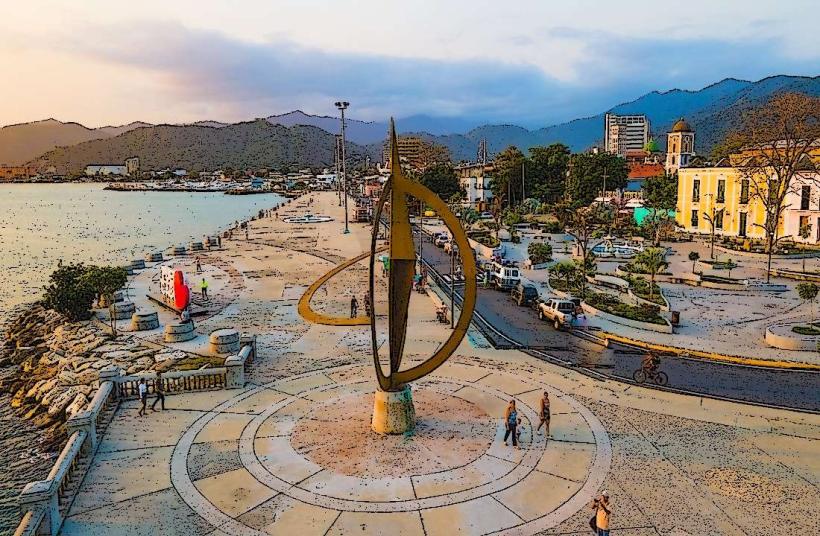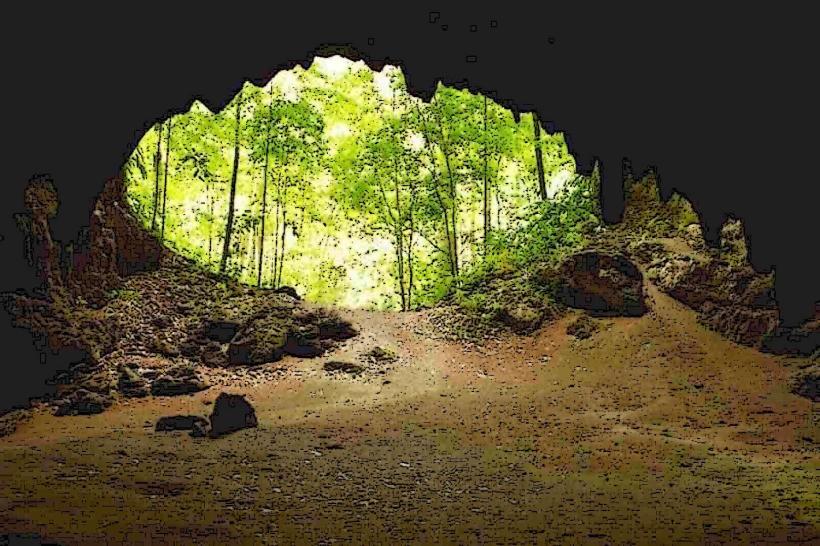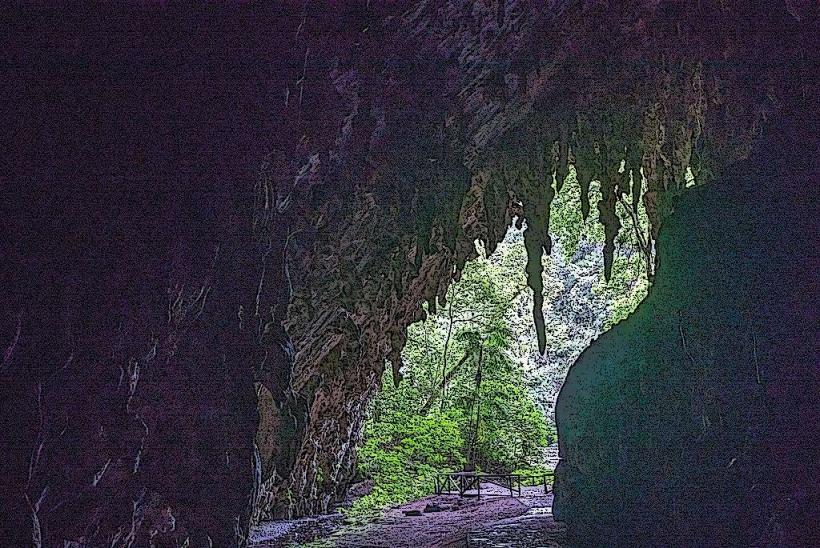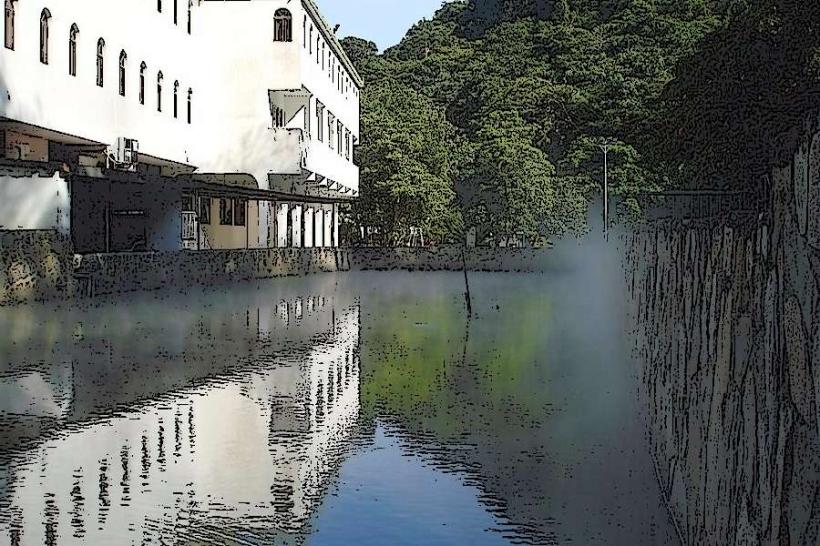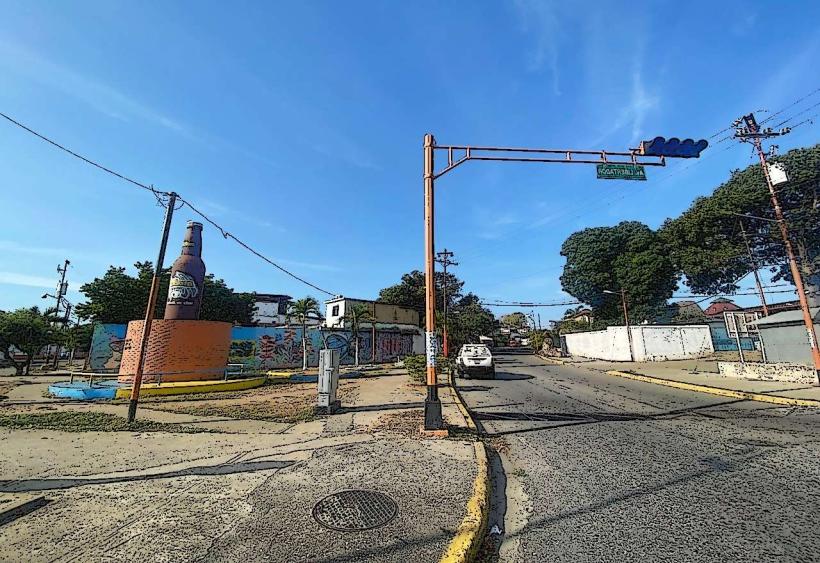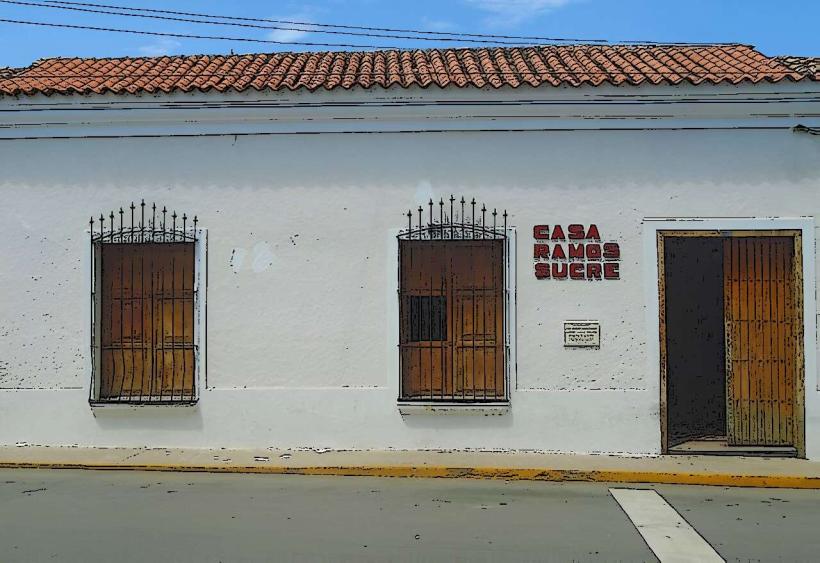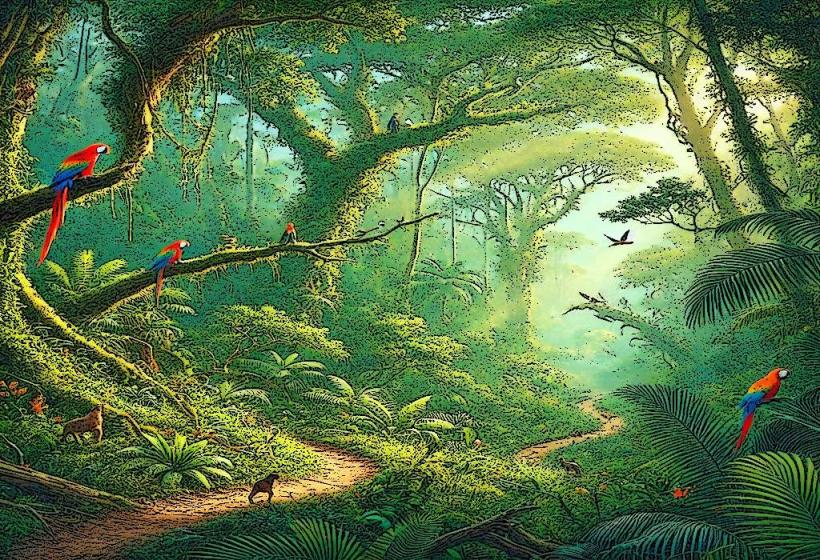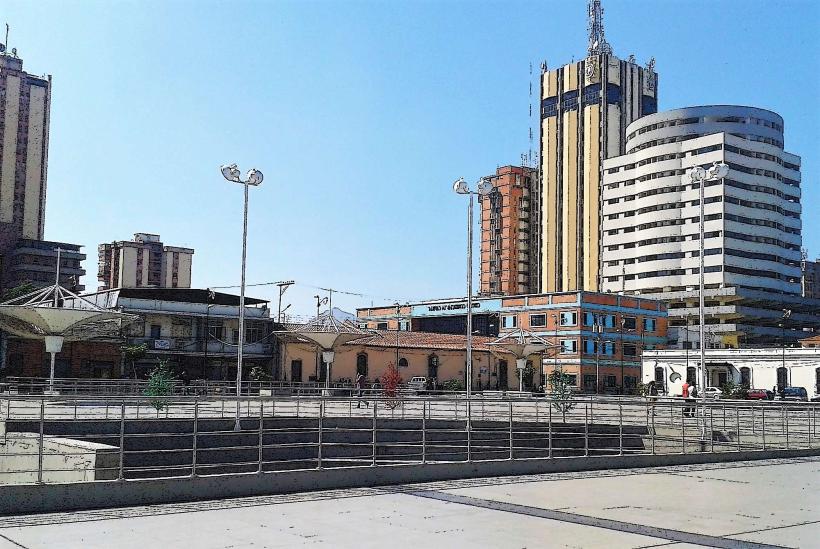Information
Landmark: Valencia Botanical GardenCity: Carabobo
Country: Venezuela
Continent: South America
Valencia Botanical Garden, Carabobo, Venezuela, South America
The Valencia Botanical Garden is a protected area located in the city of Valencia, Carabobo State, Venezuela. It functions as a scientific research center and a public green space.
Visual Characteristics
The garden covers approximately 70 hectares. It features a diverse collection of plant species, including native Venezuelan flora and exotic species. The landscape includes open lawns, dense arboretums, and specialized collections such as a cactus garden and an orchid house. Water features, including ponds and small streams, are integrated throughout the grounds. The primary structures are low-profile, functional buildings for administration and research, constructed with concrete and local stone.
Location & Access Logistics
The garden is situated approximately 5 kilometers west of Valencia's city center. Access is via Avenida 100 (also known as Autopista del Este). Public transportation options include local bus routes that service the western outskirts of Valencia; specific route numbers should be confirmed locally. Parking is available on-site, with designated areas for visitor vehicles. The main entrance is clearly marked from Avenida 100.
Historical & Ecological Origin
Established in 1987, the Valencia Botanical Garden was conceived as a center for the conservation of plant biodiversity and for scientific study. Its ecological origin is based on the preservation and restoration of local ecosystems, with a focus on species found in the Venezuelan central region. The garden's design incorporates elements of the natural topography and soil types of the area.
Key Highlights & Activities
Visitors can explore themed garden sections, including the cactus and succulent collection, the medicinal plant garden, and the palm grove. Guided walks focusing on specific plant families or ecological zones are sometimes offered. Educational programs and workshops on botany and conservation are conducted periodically. Observation of local birdlife is also a common activity.
Infrastructure & Amenities
Restrooms are available within the garden's main visitor area. Shaded seating is provided in various locations. Cell phone signal (4G/5G) is generally consistent within the main visitor zones. There are no on-site food vendors; visitors are advised to bring their own provisions. Water fountains are located near the restrooms.
Best Time to Visit
The best time of day for photography is generally in the early morning or late afternoon when the sunlight is less direct. The months of April through September offer the most consistent rainfall, leading to lush vegetation, though occasional showers are possible. The dry season, from November to March, provides clearer skies and more predictable weather. There are no tidal considerations.
Facts & Legends
A notable feature is the "Arboretum de Venezuela," which houses a significant collection of trees native to the country's diverse ecological regions. Local folklore sometimes associates specific ancient trees within the garden with protective spirits of the land, though these are oral traditions without documented historical basis.
Nearby Landmarks
- Parque Negra Hipólita (1.5km East)
- Estadio José Bernardo Pérez (2.0km Northeast)
- Centro Comercial Metrópolis (2.5km North)
- Parque Fernando Peñalver (3.0km East)



